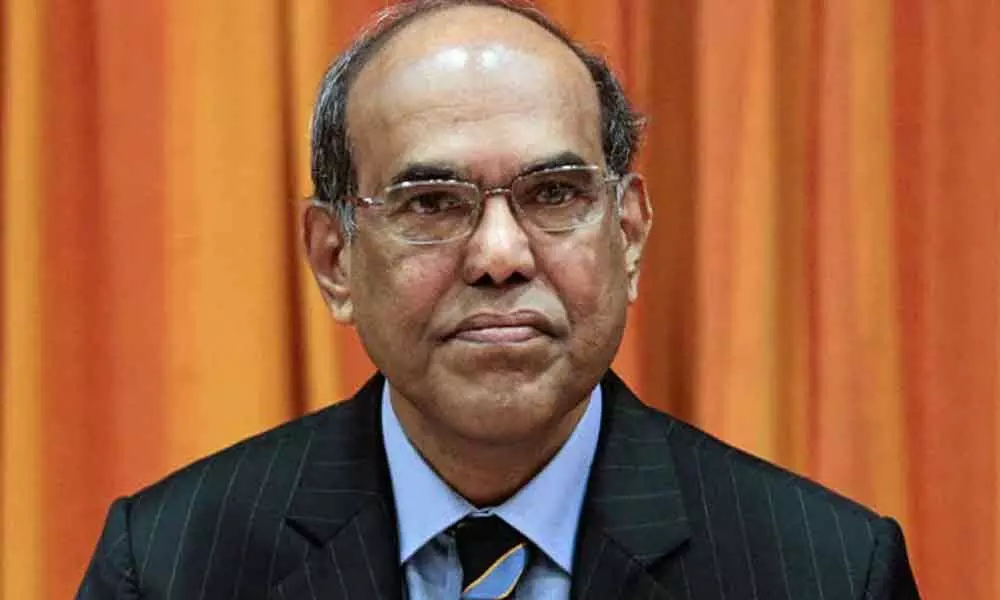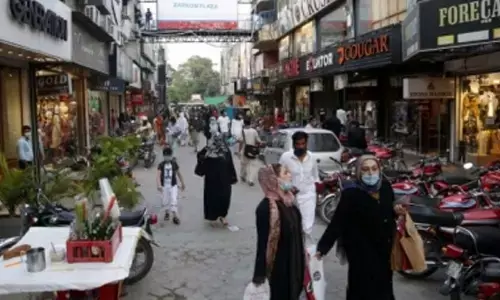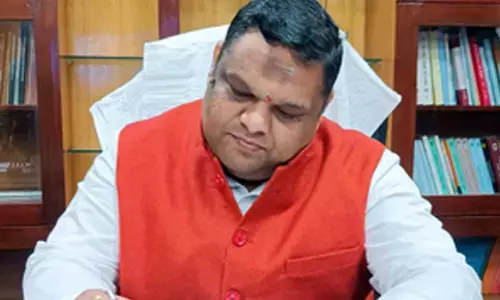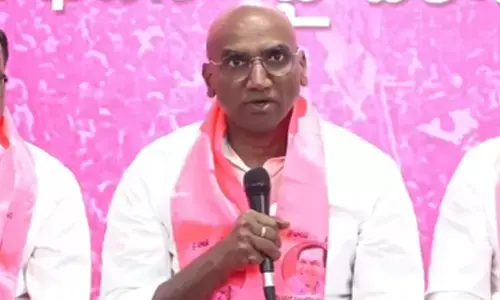Budget needs to focus on bridging inequality

former RBI Governor D Subbarao
Ex RBI Guv Subbarao underlines the need to raise spending on education, health and infrastructure
New Delhi: The upcoming Budget should focus on creating jobs and bridging the widened inequality in the economy besides accelerating growth, former RBI Governor D Subbarao said on Thursday, while observing that given the continuing need to raise spending on education, health and infrastructure, there is not much leeway for tax cuts.
Subbarao also opined that experience shows export promotion behind protectionist walls is seldom competitive, so there is a case for reducing the tariffs.
"Accelerating growth is the objective of every Budget as it should be of this one. But this Budget should pay special attention to bridging the widened inequality in the economy," he told PTI in an interview.
While noting that the Covid-19 pandemic has caused enormous distress to the low-income segments who operate in the informal economy, Subbarao said the upper income segments have not only been able to protect their incomes but have in fact been able to grow their savings and wealth. Citing the latest World Inequality Report which had said that India is among the most unequal countries in the world, he said, "such wide inequality is not only morally wrong and politically corrosive, but it will also dent our long-term growth prospects."
Finance Minister Nirmala Sitharaman is scheduled to present the Union Budget 2022-23 in Parliament on February 1. "We need job intensive growth. If there is a theme for this Budget, it should be jobs," he said.
The former RBI Governor pointed out that jobs have been lost because of the growth slowdown and also because of the shift in activity from the labour-intensive informal sector to the capital-intensive formal sector.
"Growth is necessary to generate jobs, but not sufficient," he said, adding that there is a need for stronger emphasis on improving the ease of doing business through governance reforms so that investment becomes a promising option for both domestic and foreign investors.
Subbarao pointed out that raising the level of exports is good not just for balance of payments reasons but also from a jobs perspective because export production is labour intensive. "Experience shows that export production behind protectionist walls is seldom competitive. There is a case therefore for rolling down the tariffs," he said. Asked if there is any scope for reduction in taxes in the upcoming Budget as that will provide some relief to the poor, Subbarao said as per media reports, this year's tax collections will be better than the budgeted target which, he said, will be largely offset by lower privatization proceeds and higher expenditure on food and fertilizer subsidies. "So, the net positive impact on the fiscal deficit is likely to be marginal," he said.
Also, Subbarao noted that the tax buoyancy the country saw this year will dissipate next year as the informal sector revives. "Besides, given the continuing need to raise spending on education, health and infrastructure, I don't believe there is much leeway for tax cuts," he argued.
Asked whether the government should continue with stimulus measures in order to stimulate growth, Subbarao said in the last Budget, the finance minister committed to a fiscal consolidation path of reducing the fiscal deficit to 4.5 per cent of GDP by 2025/26. "I believe it's important to operate within that space. Any deviation from the fiscal consolidation path will impair credibility, dent investor sentiment and hurt our growth prospects." he said.














